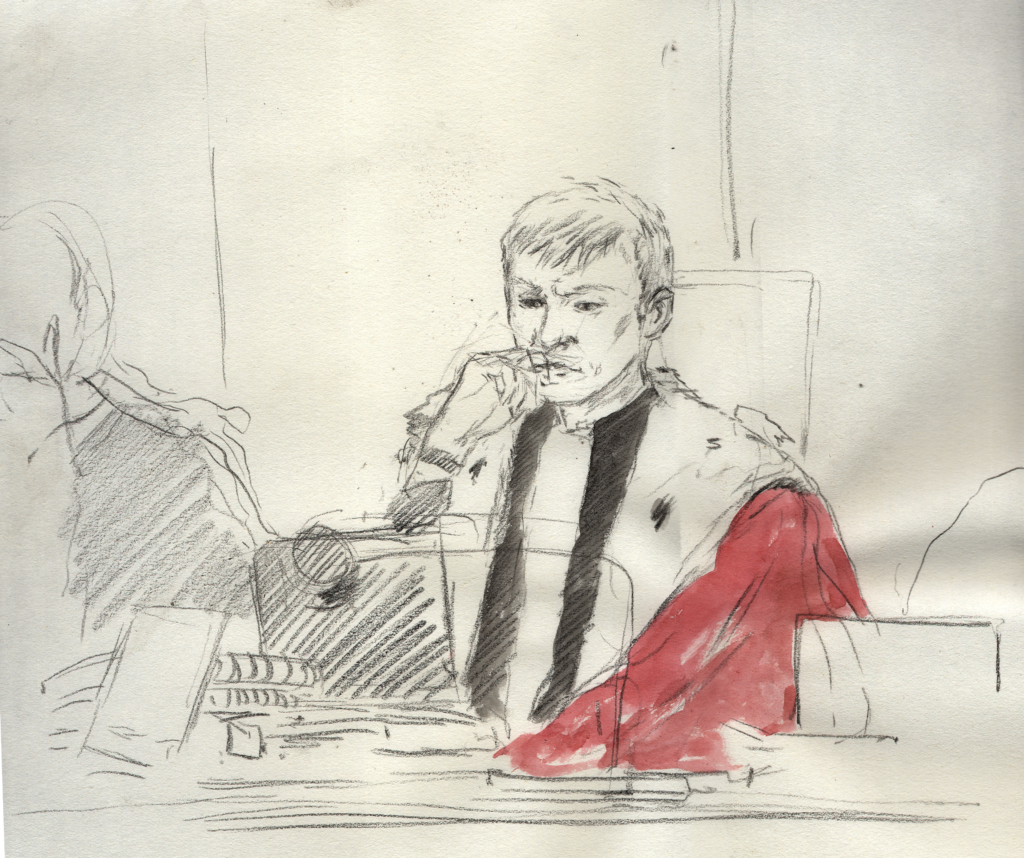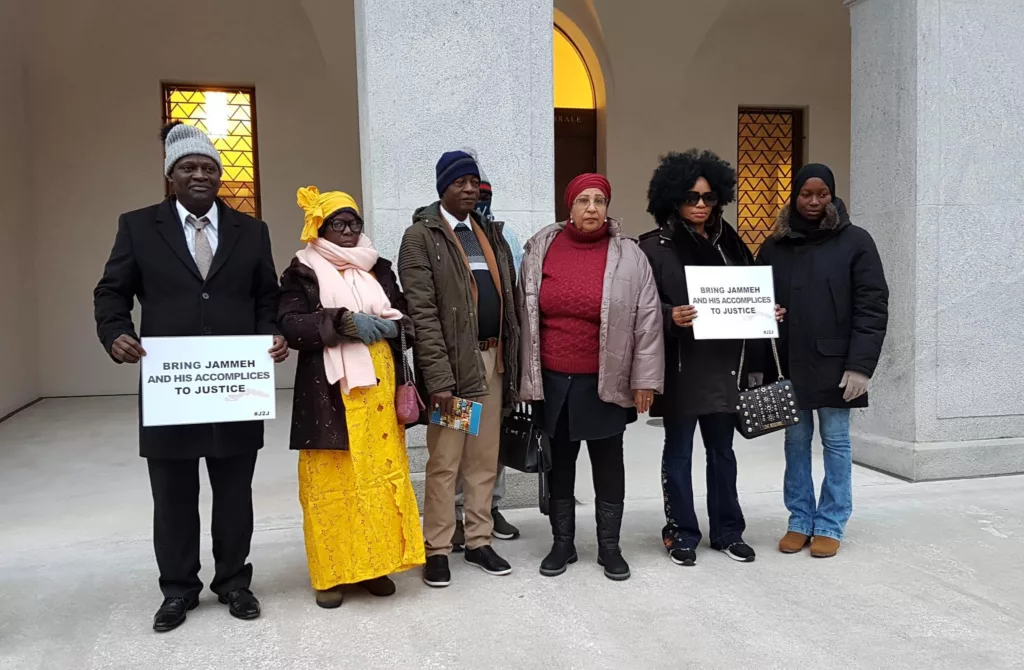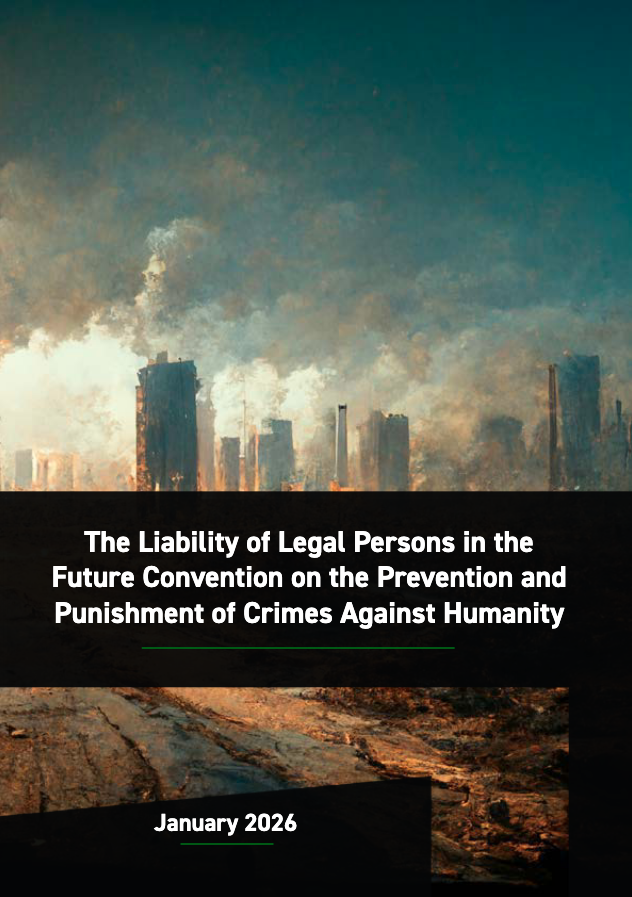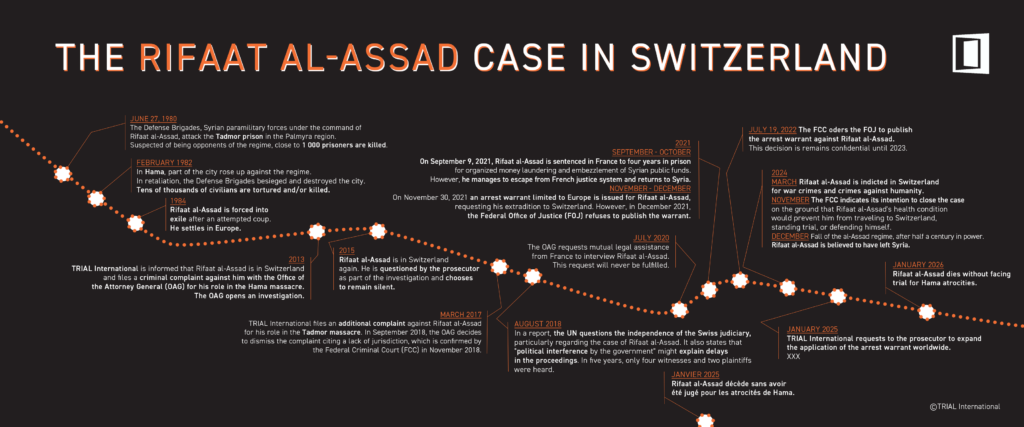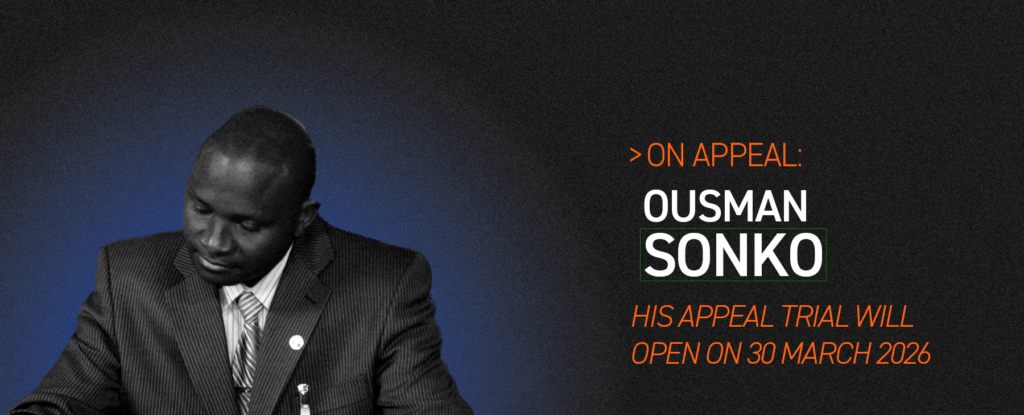Sonko case: a historic conviction, yet a missed opportunity to recognize sexual violence as a weapon of repression
The conviction of former Gambian Interior Minister Ousman Sonko in Switzerland for crimes against humanity on 15 May 2024 is historical in many ways. However, the decision by the Swiss Federal Criminal Court’s (FCC) to dismiss all charges of sexual violence casts a shadow over this landmark verdict. Ousman Sonko was found guilty of three murders, multiple acts of torture, illegal deprivations of liberty in conditions amounting to torture, all committed between 2000 and 2016 during the Yahya Jammeh dictatorship. However, the Swiss court failed to hold Ousman Sonko responsible for multiple rapes committed in the early 2000s and in 2006. While confirming that they had taken place, the court ruled that one of the two survivors of rapes could not be considered as part of the civilian population that was under attack and that they were individual acts committed outside the systematic attack against the population. It therefore had no jurisdiction to prosecute them.
TRIAL International believes that the FCC’s reasoning reflects a lack of understanding of the context of over two decades of repression in The Gambia, particularly with regard to sexual violence. The Yahya Jammeh’s regime was characterized by a widespread gender-based violence enabled by a well-conceived policy of protection, normalization and impunity of high-ranking officials, including Ousman Sonko. Although there is a culture of silence around such acts in The Gambia and therefore not many victims come forward for fear of stigma and retaliation, the victims in this case are emblematic examples, and by no means isolated incidents, of this sophisticated system in which sexual and gender-based violence was used as a weapon of repression. As emphasized in the final report of the Truth, Reconciliation and Reparations Commission (TRRC)[1], the grave and repeated acts of sexual violence should not have been read outside the political context of the country at the time.
In the Gambia, The Alliance of Victim-Led Organisation (AVLO), The Women’s Association for Victims’ Empowerment (WAVE) and Women in Liberation and Leadership (WILL) – react in one voice: “Not convicting Ousman Sonko is a big blow to and a setback in the fight for justice for victims and survivors of sexual and gender-based violence (SGBV) and civil society actors working with them in The Gambia. In a context where it is a daily struggle to get victims to come forward, this will push them further into the darkness where impunity will thrive. Regrettably, this could also potentially have an impact on the accountability processes that we are preparing the ground for in the Gambia”.[2]
Indeed, the dismissal of these charges is not only a failure to deliver justice to the two plaintiffs; it is a failure to acknowledge the systemic use of sexual violence as a tool of oppression. The FCC’s decision reinforces the dangerous narrative that sexual violence is a private matter and that it does not enter within the justice-seeking scope of international criminal law. On 15 May 2024, the court missed a critical opportunity to overcome the patriarchal biases that are still present in international case law.
According to Annina Mullis and Caroline Renold, lawyers of the two plaintiffs affected by this decision, “it is yet another example of the general disregard for gender-based and sexualized violence. Instead of recognizing the structural aspects of the widespread sexual and gender-based violence in The Gambia during the rule of Yahya Jammeh, the FCC rejected all evidence requests submitted to demonstrate the systematic nature of SGBV in the country and yet at the same time deemed the charges brought by our clients against the defendant as outside the political. Our clients will of course appeal this decision.”
TRIAL International recalls that this issue remains persistent when it comes to the prosecution of international crimes and that sexual violence and survivors of such acts remain largely invisible in courts, perpetuating a culture of impunity. The organization works tirelessly to ensure justice for victims and survivors of sexual violence, including in Bosnia and Herzegovina and the Democratic Republic of the Congo.
The Organization remains steadfast in its commitment to fight for justice for all survivors of international crimes, including those of sexual violence and will continue to support the plaintiffs in their quest for justice.
[1] The 2021 TRRC final Report, Volume 10: “Sexual and Gender-based violence” is available for download here: https://www.moj.gm/downloads
[2] For more voices from The Gambia, read “Sonko case: How a Swiss court failed survivors of sexual violence in The Gambia, and worldwide“.

